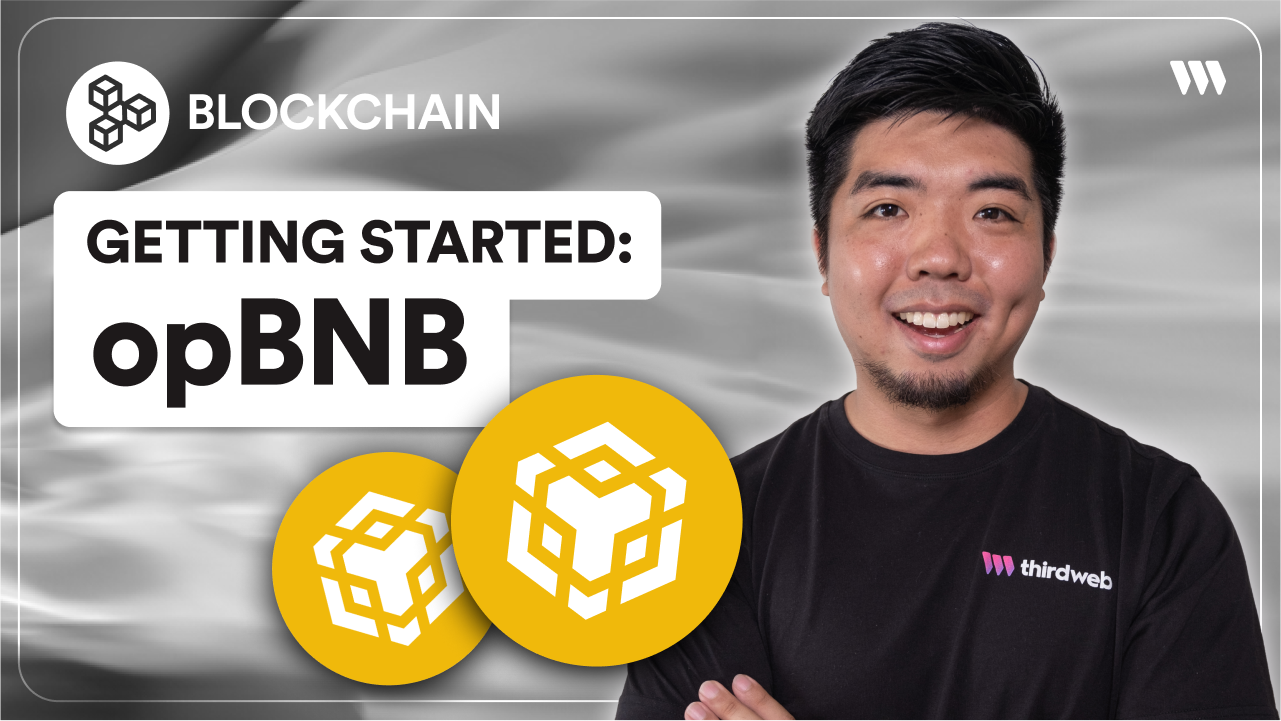What is opBNB? A Deep Dive into BNB Chain's Optimistic Rollup

In the ever-evolving landscape of blockchain technology, scalability and efficiency remain at the forefront of innovation. Enter opBNB, a key component of the BNB Chain ecosystem that promises to revolutionize how decentralized applications (DApps) operate. In this article, we'll explore what opBNB is, its significance, and how it fits into the broader BNB Chain ecosystem.
Understanding the BNB Chain Ecosystem
Before diving into opBNB, it's essential to understand the BNB Chain ecosystem. BNB Chain is not a single blockchain but a multi-chain ecosystem designed to enhance the capabilities of decentralized applications. It includes:
- BNB Smart Chain (BSC): A high-performance layer-1 network known for its shorter block times and higher throughput compared to other layer-1 networks like Ethereum.
- BNB Greenfield: A decentralized storage network that offers a flexible and decentralized alternative to traditional cloud storage solutions.
What is opBNB?
opBNB is an optimistic rollup built on top of the BNB Smart Chain (BSC). It serves as a layer-2 solution designed to enhance the scalability and performance of the BNB Chain ecosystem. Here are some key features of opBNB:
- Optimistic Rollup: As an optimistic rollup, opBNB processes transactions off-chain and only submits the transaction data to the BSC. This significantly reduces the load on the main chain, allowing for faster and cheaper transactions.
- EVM Compatibility: Both opBNB and BSC are fully compatible with the Ethereum Virtual Machine (EVM). This means developers can easily migrate their DApps from Ethereum to opBNB or BSC without significant changes to their codebase.
- High Throughput: With the upcoming introduction of parallel EVM 2.0, opBNB aims to increase its capacity from 100 million gas per second to 200 million gas per second, potentially achieving transaction speeds of up to 10,000 transactions per second (TPS).
Why opBNB Matters
opBNB addresses several critical issues in the blockchain space:
- Scalability: By offloading transactions from the main chain, opBNB significantly enhances the scalability of the BNB Chain ecosystem. This is crucial for applications that require high-frequency interactions, such as gaming and financial services.
- Cost Efficiency: Transaction fees on opBNB are substantially lower than on the main chain, making it an attractive option for developers and users alike. A typical transaction on opBNB costs less than $0.001.
- Interoperability: opBNB allows for seamless interaction between different components of the BNB Chain ecosystem. For instance, assets can be easily bridged from BSC to opBNB, leveraging the large user base and liquidity of BSC while benefiting from the high performance of opBNB.
Real-World Use Cases
Several projects have already started leveraging opBNB to enhance their applications:
- Hooked: An educational platform that migrated its smart contracts from BSC to opBNB to reduce transaction costs and improve user experience. Hooked uses opBNB for user interactions and BSC for financial operations, providing a seamless learning journey for users new to the crypto world.
- PancakeSwap: A well-established decentralized exchange (DEX) that deployed on opBNB to provide a low-fee, high transaction speed multichain DEX for the DeFi community. Users can enjoy the benefits of over 4,000 TPS and reduced gas fees, all on a platform that maintains decentralization through Layer 2 processing
Conclusion
opBNB represents a significant advancement in the BNB Chain ecosystem, providing a scalable, cost-effective, and interoperable solution for DApps. By leveraging optimistic rollup technology, opBNB addresses the critical challenges of scalability and high transaction costs, making it an ideal platform for developers looking to build high-performance applications.
thirdweb's full-stack web3 development kit makes it easy to build on opBNB:
✦ Frontend: Client-side SDKs to connect users to web3
✦ Backend: Scalable contract APIs backed by secure wallets
✦ Onchain: Pre-built & extendable contracts
✦ Gaming SDKs: Unity, Unreal Engine, and Mobile (React Native)

